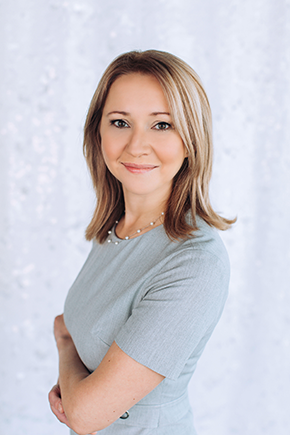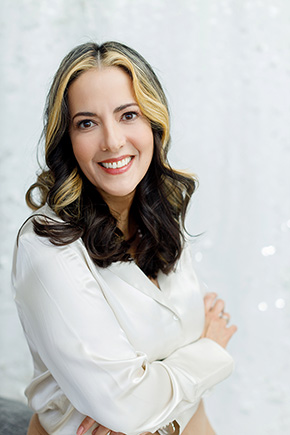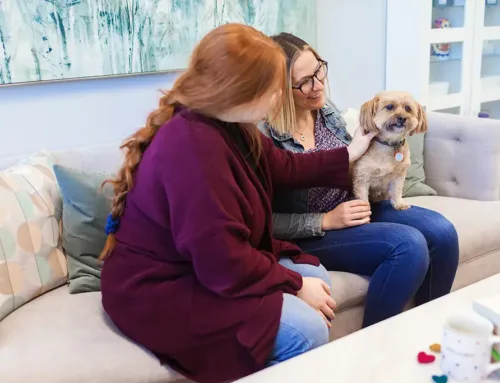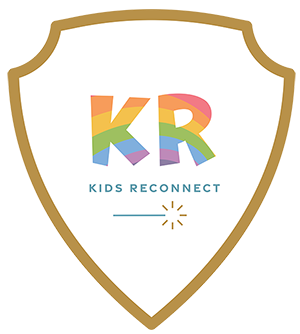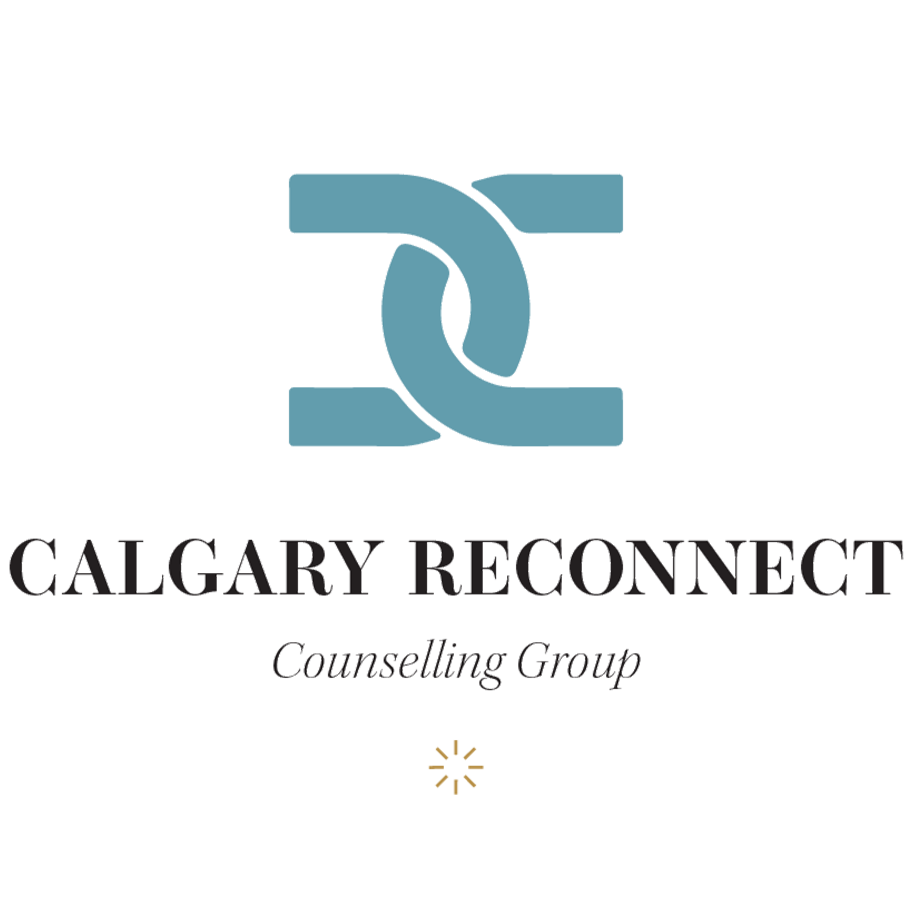Hot off the research couch
Couples therapy is a constantly evolving field.
What’s the latest buzz?
In this blog post, our couples therapist Natalie Bergman shares current research insights, with a quick look at exciting innovations in couples therapy.
Meet the author
Natalie Bergman, DCP, RPsych
COUPLES THERAPIST
Meet the editor
Ana Hoepfner, BEc
COMMUNICATIONS
Here’s a quick snapshot of what’s trending in couples therapy
1. Diverse perspectives.
2. Mindfulness and self-compassion.
3. Focusing on prevention.
4. Tech-savvy tools.
5. Data-driven insights.
Couples therapy is evolving to be more inclusive, innovative, and effective.
with dozens of peer-reviewed studies citing 70% to 90% success rates.
References
- Doherty, W.J., Harris, S.M., Hall, E.L. and Hubbard, A.K. (2021), How long do people wait before seeking couples therapy? A research note. J Marital Fam Ther, 47: 882-890. https://doi.org/10.1111/jmft.12479
- (1999). The marriage clinic: A scientifically-based marital therapy. WW Norton & Company.
- Lebow, J., & Snyder, D. K. (2022). Couple therapy in the 2020s: Current status and emerging developments. Family Process, 61(4), 1359-1385. https://doi.org/10.1111/famp.12824
- The Vanier Institute of the Family. (2024). Family structure. In Families count 2024.
https://vanierinstitute.ca/families-count-2024/family-structure
Ready to explore how the latest couples therapy research advances can benefit your relationship?
Give us a shout.

